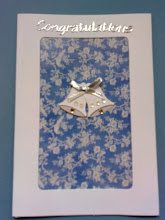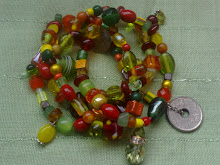Anne Michaels was a poet before she was a novelist and this really shows in this beautiful novel about a seven-year old Polish boy, Jakob who hides from the Nazi’s when his family is massacred and is found starved and dirty by Athos, a sad geologist who takes him home to his native island of Zakynthos in Greece and hides him from the Germans through the Second World War.
The story is continued in Canada as the pair move to Toronto and takes us through Jakob’s marriage and his struggle to cope with his horrific past. Throughout the story there intermittently raised the question of what happened to Jakob’s beautiful pianist sister Bella who is not amongst the corpses of his family.
The story is slow and at times a little confusing, told in flashbacks and memories. The words that tell the story though are just exquisite (gegenschein, ritardando, gelid, ). Every page is heavy with analogy and description. This book explores some very deep themes: death, loss, the nature of the soul, dealing with the past, love and its power to renew.
At times the author seems to go off at a tangent with her thoughts (or more likely just goes straight over my head):
"Irony is scissors , a diving rod , always pointing in two directions. If the evil can't be erased, then neither can the good. It's as accurate a measure as any of a society: what is the smallest act of kindness that can be considered heroic? In those days to be moral required no more than the slightest flicker of movement - a micrometre - of eyes looking away or blinking, while a running man crossed a field. And those who gave water or bread! They entered a realm higher than the angels simply by remaining in the human mire." -p162
This took me a few readings just to get the gist of. The sheer beauty of the writing though, keeps you focussed on the page:
"Because Athos's love was paleobotany, because his heroes were rocvk and wood as well as human, I learned not only the history of men but the history of earth. I learned the power we give to stones to hold human time. The stone tablets of the Commandments, Cairns, the ruins of temples. Grave stones, standing stones, the Rosetta, Stonehenge, the Parthenon. (The blocks cut and carried by the inmates of Golleschau. The tombstones smashed in Hebrew cemeteries and plundered for Polish sidewalks, today bored citizens, staring at their feet while waiting for a bus, can still read the inscriptions)." - p32
On finishing this book, I felt like I had missed out on so much that was between its pages. I don’t think that this is a book to read once if you want to really to understand what is being said, but again and again.
































No comments:
Post a Comment